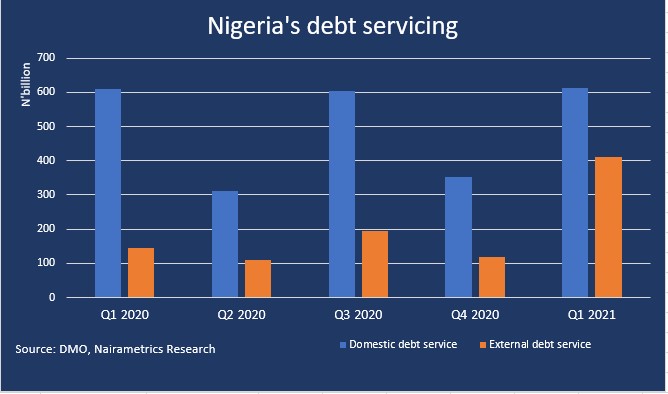Nigeria’s external reserve dipped $24.3 million in the very first week of the entire year to close at $40.49 billion by 7th January 2021. This represents a 0.06% decline when compared to $40.42 billion recorded by the start of the week.
That is based on data from the Central Bank of Nigeria (CBN) on the daily reserve movement.
The nation’s foreign reserve had gained $5.99 billion in October, adhering to a $2.76 million gain recorded in September 2021 consequently of the $4 billion Eurobond secured by the government and the $3.35 billion IMF Special Drawing Rights facility.
However, the reserve started a downward movement in November after it’s crossed the $41 billion mark. Nigeria’s external reserve lost $611.01 million in November, which was followed by a $666.17 million decline in December.
Meanwhile, the annual gain for 2021 was $5.15 billion.
Why the decline?
The continuous decline in the nation’s external reserve is owing to the intervention by the apex bank in ensuring forex stability in the country. Data from the Central Bank shows a total of $8.97 billion was given by the lender to the I&E window, SME, and Invisibles.
The Investors and Exporters Window (I&E) is the state market for the sale of foreign exchange in the united kingdom following the Central Bank halted the sale of forex to BDC operators in mid-2021. However, an amount of $2.77 billion have been sold to the BDC operators between January and June 2021.
Given the managed floating foreign exchange system adopted by the apex bank, the CBN occasionally intervenes in the forex market to make certain they manage the volatility that might be witnessed on the market by releasing funds from the reserve.
A cursory go through the data from Nairametrics Research on the I&E Window, at the very least an amount of $337.7 million was traded on the exchange, while the state exchange rate appreciated by 4.3% to close at N416.25/$1 in the review week in comparison to N435/$1 recorded by the finish of the last week.
What you should know about external reserves
Foreign reserves are assets held on reserve by the central bank of a nation used to back liabilities and influence monetary policy. They include foreign banknotes, deposits, bonds, treasury bills, and other foreign government securities.
These assets serve many purposes but are most significantly held to ensure a government or its agency has backup funds if their national currency rapidly devalues. Foreign exchange reserves are also referred to as international or external reserves.
Source: Nairametrics


